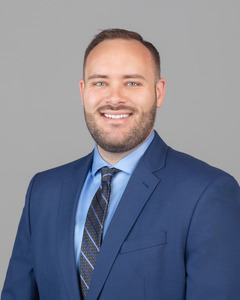Routine Eye Exams are available at all of our locations.

The human eye is best compared to a camera. The camera lens focuses light from an object to form an image on the film. Similarly, the lens system of the eye (cornea and lens) focuses light from an object to form an image on the film (retina). The optic nerve transmits these images from the retina to the brain.
All parts of the eye must be in good condition for the eye to function properly. The cornea, the clear “watch glass” on the front of the eye, must be clear and free of distortion. The eyelids must constantly coat the cornea with a moist layer of tears. The lens inside of the eye must be clear.
The retina must be healthy with no degeneration. The optic nerve must be intact with no damage to the nerve fibers to send the image from the retina to the brain. The vision center of the brain then must interpret what has been seen. If any part does not function properly, vision can be affected.
Having a comprehensive, dilated eye exam every year, or as recommended by your eye doctor, can help detect eye-related diseases (cataracts, glaucoma, macular degeneration, diabetic retinopathy) or refractive errors (nearsightedness, farsightedness, and astigmatism). Early detection and treatment can help preserve your vision for a lifetime.
- Nearly 4.2 million Americans ages 40 and older are visually impaired.
- 1 out of 4 children have a vision problem.
- Half the planet will require glasses or contact lenses by 2050.
- An estimated 93 million adults in the US are at high risk for serious vision loss, but only half visited an eye doctor in the past 12 months
Sources: AAO: American Academy of Ophthalmology and CDC: Centers for Disease Control and Prevention
Stay proactive in your eye health. Request an eye exam today with the doctors at Eye Specialists of Mid-Florida. We are proud to be of service to the local communities and surrounding areas of our locations in Auburndale, Clermont, Haines City, Lakeland (2 locations), Lake Wales, Sebring, and Winter Haven.









